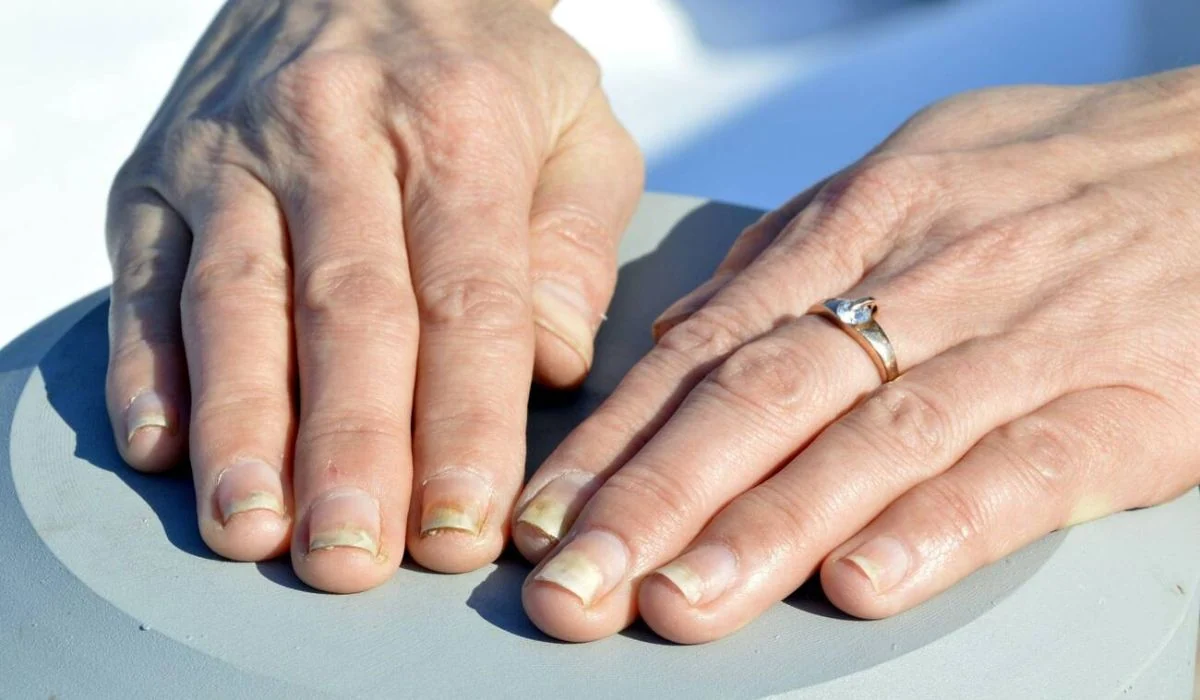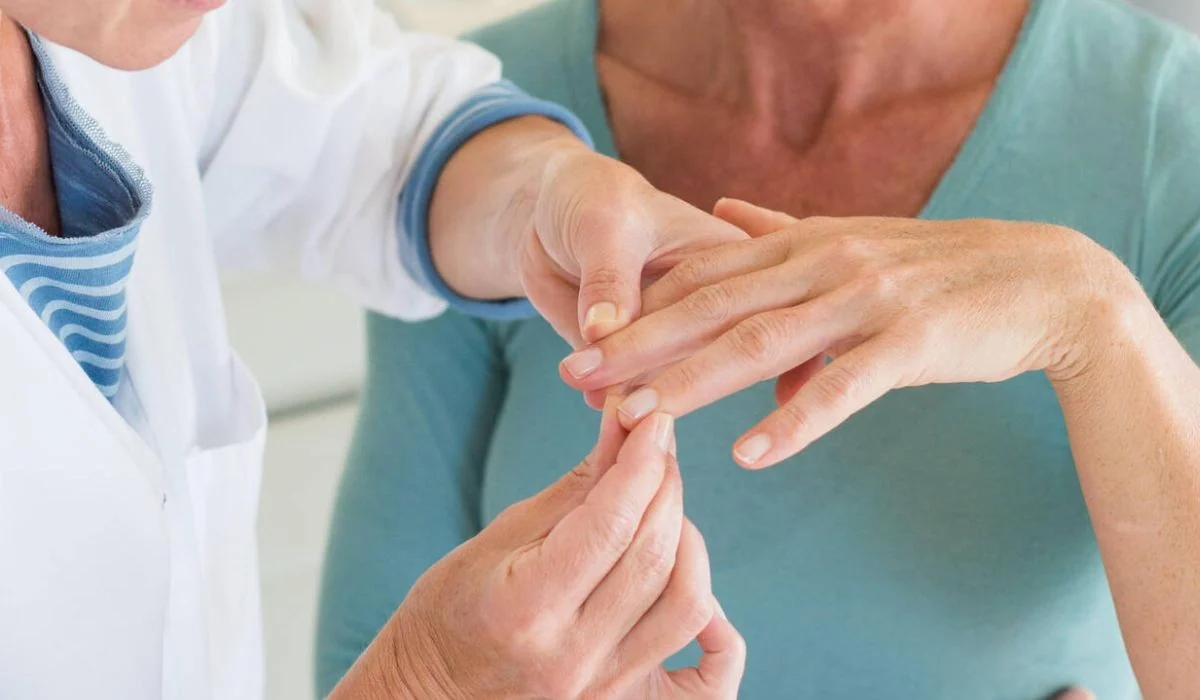Health
How To Get Rid Of Nail Psoriasis? Causes, Symptoms, And Treatments

Nail psoriasis is a serious condition that affects the nails, leading to a change in the overall texture and appearance. A condition known as psoriasis is known as nail psoriasis when it affects the nails.
Symptoms Of Nail Psoriasis

It’s critical to look for either of the following symptoms or outward indications of nail psoriasis: –
• Debris beneath the nails
• Nail dents
• Discoloration
• Blood under the nail
• Poor appearance
• Alterations to fingernails and toenails
• Nail detaching from finger or toe
• Skin irritation
• Itchy skin
The symptoms mentioned above are not the only ones that exist. If you notice these symptoms, you must promptly see a dermatologist for the right care and medication. It will progressively get worse and more severe if untreated.
You may experience difficulty going about your everyday activities. Early intervention can stop or greatly lessen the negative consequences that nail psoriasis has on the nails.
Treatment Options For Nail Psoriasis
Nail psoriasis can be treated with several reliable procedures and medications. Be patient and believe in the process because the treatment will take time. Some approaches to take into account are:
1) Maintaining nail hygiene is essential to preventing nail psoriasis. To avoid the buildup of dirt or bacteria, clean and dry your nails. Keep your nails short to avoid damaging them. As fake nails might harm your real nails, avoid using them.
2) Wear gloves to protect your nails while performing domestic activities or other tasks to avoid harm or damage to the nails. Avoid picking your nails because doing so will make the issue worse.
3) Apply moisturizer to the nails regularly to maintain them nourished and free of dryness. Use only moisturizers that are intended to treat this specific issue.
4) Avoid exposing your nails to irritants or chemicals, as this might cause the issue to get worse over time. If necessary, put on gloves to prevent any harm to your nails.
5) Nail psoriasis and smoking are related. Quit smoking since it can improve general health and lower the likelihood of developing nail psoriasis or other health issues.
6) Persistent stress and anxiety might make nail psoriasis worse. Engage in healthful activities like yoga, meditation, exercise, etc., to adopt a healthy lifestyle and handle stress. Engage in enjoyable, healthful activities to divert your attention.
7) There are several effective treatments for nail psoriasis. Ointments or creams containing substances like vitamin D, retinoids, corticosteroids, calcineurin, etc., can improve the nails’ overall look, texture, and health by reducing swelling, pain, and skin irritation. Before taking any topical drugs or other treatments, it is best to seek the advice of a qualified medical professional.
8) Another method of treatment for nail psoriasis is nail injection. The nail bed receives a direct injection of corticosteroid. A dermatologist or other qualified medical professional is in charge of this treatment and administers it. Consult with your doctor and get the necessary advice before deciding on this course of treatment.
9) Phototherapy is a procedure in which the ultraviolet (UV) rays are directly directed to the damaged nails. Exposure lessens the possibility of the issue, the inflammation, and the pain spreading. It is a painless procedure. It is often carried out under the direction of a medical professional.
10) Systemic medications can treat nail psoriasis if neither of the other procedures or therapies is effective. It consists of biological medications, oral retinoids, or methotrexate, significantly easing pain and inflammation. Dermatologists frequently recommend and carry out this procedure.
11) Another method for treating nail psoriasis is laser therapy. Consult a dermatologist for advice and recommendations on laser treatment. Typically, it happens once every six months.
12) If you see any nail psoriasis signs, seek advice from a qualified medical expert. They can accurately examine the problem, diagnose it, and offer medication or treatment depending on the patient’s condition.
Remember that nail psoriasis is a problem that calls for medical attention and medication. Although the procedure will take time, the outcomes are certain to be favorable.
Maintain a healthy lifestyle until then and practice self-care to reduce your risk of developing nail psoriasis. To cure nail psoriasis, contact a medical practitioner and receive direction and assistance. As long as you can, take care of your nails as instructed.
